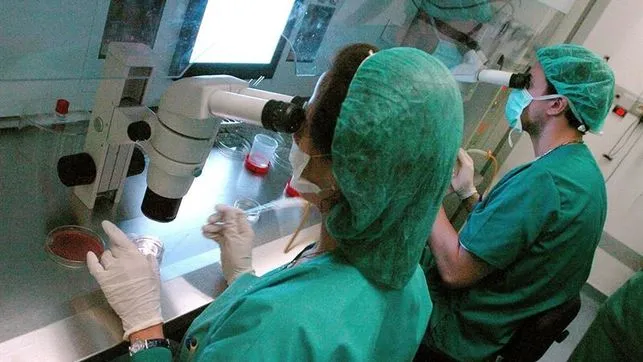A group of scientists from the Scripps Research Center (TSRI) of Jolla (California, USA) discovered a new type of immune cell with potential to develop therapies against type 1 diabetes, which affects young people and children.
The TSRI reported the finding today in a statement, in which it indicated that this "opens new ways to the company to develop new therapies against autoimmune diseases", caused by the immune system, which attacks the cells of the organism itself.
Among these diseases, type 1 diabetes stands out, which damages the pancreas causing an absolute insulin deficiency and generally affects children and young people before 30 years of age.
The new discovered cells resemble conventional T cells, but have a tendency to become regulatory T cells (TREGS), which protect the body from autoimmune diseases.
"This study was revealing. We did not expect these cells to have this skill. The best analogy that comes to me is Clark Kent becoming Superman. Kent looks like any guy, so no one would think he has the same powers that Superman," he saidThe scientist who led the study, Oktay Kirak.
In the case of type 1 diabetes, immune system cells attack insulin producing cells in the pancreas, and the authors of the study believe that the TREGS should be able to control this autoimmune response and avoid the attack.
The tests that are currently carried out to try to combat type 1 diabetes, in fact, are based on increasing the figure of tregs and finding ways that they penetrate in the pancreas.


